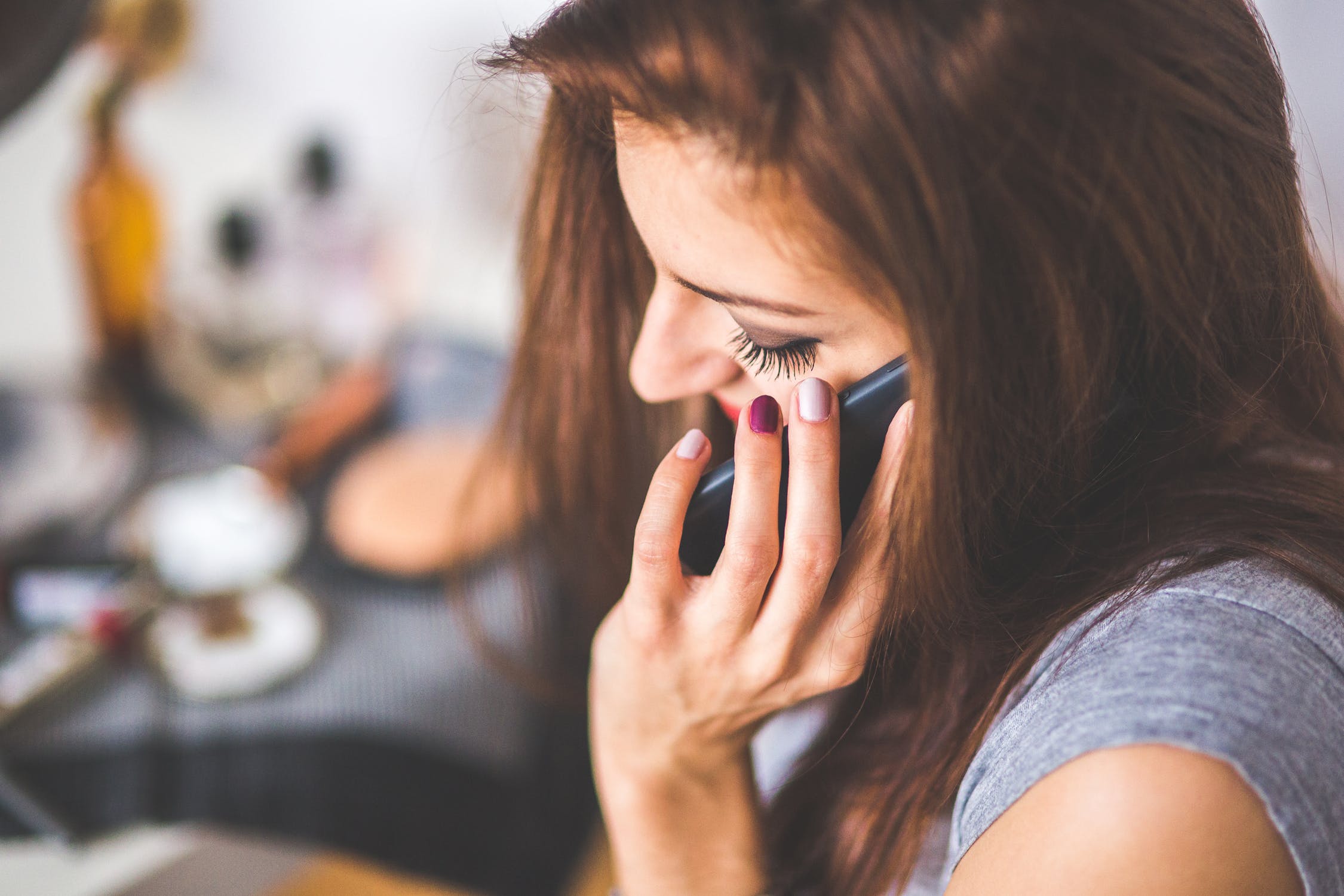
Over the last few weeks, the world has changed significantly. We’re now living in the age of the coronavirus (COVID-19) pandemic, which has forced most people to redefine their new normal. People are working from home, avoiding unnecessary travel and staying separated from their friends and family. For recovering addicts, coping with these sudden lifestyle changes can jeopardize their sobriety.
Right now, everyone is under some amount of stress over the current global climate. If you’re struggling during this time of uncertainty, know that you’re not alone. This situation won’t last forever, but for the time being, it’s important to find healthy ways to cope.
Remember that staying mentally healthy is just as important as staying physically healthy. So even if you’re confined to your home, there are plenty of ways you can stay committed to your recovery. In this blog, we’ll share some of the ways you can maintain your sobriety and get the support you need right now.
Sobriety in the Age of Social Distancing
Without a doubt, the biggest buzzword of today is “social distancing.” You’re probably hearing it all over the news and even in memes that are circulating the internet. If you search #socialdistancing on Instagram you’ll find over 330,000 posts. Practicing social distancing is one of the keys to defeating coronavirus.
There’s limited research on coronavirus, but doctors do know that it’s highly contagious. To prevent the virus from spreading rapidly, health officials are recommending that people remain at least six feet away from each other at all times. That means going over to a friend’s house, hosting a dinner party or sitting down at a coffee shop are pretty much off-limits for now.
If you’re in recovery, social distancing can have a major impact on your daily life. It probably means you aren’t able to attend meetings, hang out with your support group, or even meet with your therapist in person. When those activities become part of your routine and help you stay sober, it can be difficult when they are suddenly no longer there.
Additionally, a major part of addiction recovery is mental health. If you’ve been in recovery for a while, so hopefully you’ve created a solid support system who you can call on during tough times. But living in isolation means that you’re spending more time alone with your thoughts, which are potentially harmful. The lack of social connection can make recovering addicts more likely to get depressed, anxious or revert back to their old habits.
How to Use Technology to Stay Connected
Now, more than ever, finding alternative strategies to stay on track with your sobriety is crucial. The good news is, technology has made it easier than ever to stay connected, even when you can’t physically be around people. We may be practicing social distancing for now, but the internet is bringing people together every day.
Whether you like to attend group meetings, one-on-one therapy sessions, or just hang out with friends, there are ways you can have those same social interactions digitally. All you need is the internet, which is still running strong for everyone during this time. Here are some ways you can get support for your recovery from the comfort of your home.
- Attend a virtual 12-step meeting
If you usually attend in-person meetings, consider checking out a virtual meeting from In The Rooms. The online platform providers free recovery tools and 130 live online meetings each week for people recovering from addiction and related disorders. Like in-person meetings, your virtual group leader will invite participants to share and talk about their experiences. In The Rooms offers different meeting formats, including 12-Step, Non-12 Step, Wellness and Mental Health programs.
For people in alcoholism recovery, you can explore the Alcoholics Anonymous online intergroup directory to find virtual meetings. Many of the groups meet seven days a week and are catered to people in different time zones. You can also find groups that are men- or women-only, are geared towards members of the LGBTQ community, and for people who are blind or hard of hearing.
- Stay in touch with your support group
Even if you’re in isolation, remember that your support group, friends and family are only a call, text or video chat away. Make it a part of your new daily routine to initiate some form of contact with the people in your support network. Maybe that means checking in with a parent every morning or scheduling a mid-morning coffee date with a friend over video chat.
Just because you can’t physically be near your support system, doesn’t mean you can’t interact with them. You’ll get the same support having a virtual conversation that you would in-person. You probably have more free time than usual right now, so filling your day by chatting with people you’re close to will make you feel less alone. Don’t forget to reach out to other recovering addicts to let them know how they can reach you for support during this time.
- Start an exercise routine
Self-care is important during recovery, and that includes exercise. Research shows that exercising can boost mood, reduce anxiety, lower stress levels, improve your immune system, and so much more. Moving your body every day is a great way to stay healthy mentally and physically. Most gyms and fitness studios are closed right now, but many companies are streaming fitness classes that you can do in your living room.
Exercising every day, even if it’s just for 30 minutes, is a great way to occupy your time and improve your mood. Find a virtual yoga, weight lifting, stretching or cardio routine and commit to it as often as you can. It’s also important to work out your brain, so check out guided meditation videos on YouTube or other free platforms. Meditating at the beginning and the end of the day is a great way to help you stay in the present moment, and avoid negative thought patterns.
Addiction Support at Mission Harbor
If you live in the Santa Barbara or Southern California area, know that Mission Harbor’s doors are open to the community. We’re taking every precaution to keep our clients safe and healthy if they do come into our facility. We’re committed to providing excellent treatment and support to people recovering from substance abuse and mental health disorders.
Give us a call at (805) 209-4433 to speak with a member of our admissions team.




